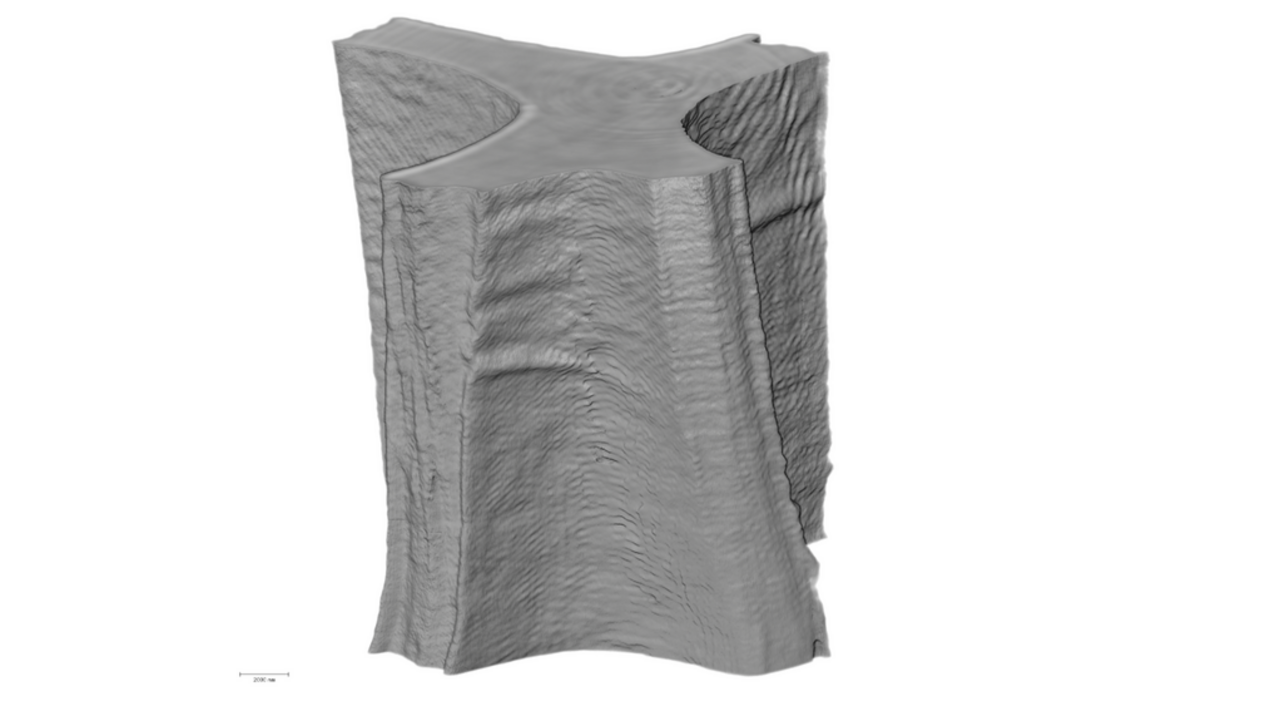Project
Structural elucidation of wood by nano-tomography

Long-term Project P05 (PETRA III, DESY)
The Thünen Institute of Wood Research and the Institute of Wood Sciences at the University of Hamburg are developing a climate cell for nano-tomography to better understand the behavior of biological samples in response to changes in humidity and temperature
Background and Objective
Wood constantly interacts with its environment, it releases and absorbs moisture, it gets warmer and colder. When the temperature and humidity in the environment change, the wood adapts. The moisture absorption and release changes the condition of the wood - it swells or shrinks. However, knowledge about the behaviour at the nano level during these processes is still limited because so far it has only been possible to visualise them to a limited extent.
The aim of this project is therefore the three-dimensional imaging of sensitive biological samples at controlled temperature and relative humidity with a resolution below 100 nanometres. Achieving such a large resolution is only possible to a limited extent with laboratory instruments. This is where the use of synchrotron radiation comes in handy. At the beamline P05 (PETRA III, DESY) operated by the Helmholtz Centre hereon, such high-resolution X-ray tomography investigations can be carried out.
So far, however, these measurements at the beamline are only possible in a normal room climate. Therefore, a climate cell is being developed that allows a wider range of changing environmental conditions of the sample (temperature and humidity).
Target Group
Scientists from biology, physics, chemistry, life sciences who study moisture-sensitive samples
Approach
Based on the technical requirements of the measurement setup at the beamline (P05), a climate cell is designed which allows a free rotation of the sample by 180°. The technical setup will be tested in the laboratory. Subsequently, the climate cell will be installed and tested at the beamline. The obtained tomography measurements will be evaluated and assessed. Then the setup will be optimized until the goals of the project (stable climate consisting of temperature and humidity with different values) are achieved. When all requirements are met, small wood samples are measured at different climatic conditions to study swelling and shrinkage at the nano-scale.
Our Research Questions
What influence does the moisture-induced dimensional change of wood have on its nanostructure?
In what way does tree growth influence technological wood properties at the nanoscale?
Thünen-Contact

Involved Thünen-Partners
Involved external Thünen-Partners
-
Helmholtz-Zentrum Hereon (alt: Helmholtz-Zentrum Geesthacht)
(Geesthacht, Deutschland) -
Universität Hamburg
(Hamburg, Deutschland) - Georg-August-Universität Göttingen
(Göttingen, Deutschland)
Duration
1.2021 - 3.2024
More Information
Project status:
finished







